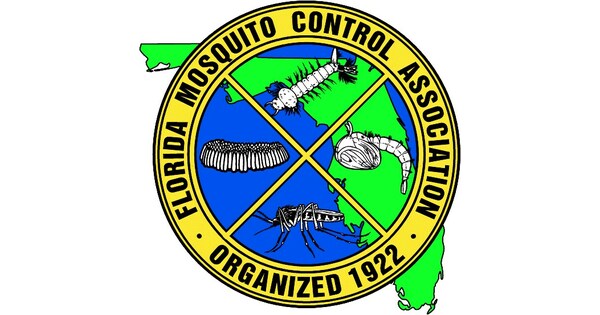Tropical Deluges in Florida Spike Mosquito Threat: Stay Vigilant!
Floridians and tourists flock to the Sunshine State during the summer months, basking in the warm weather and outdoor activities.
However, they may not realize that the world’s deadliest animal is an ever-present, uninvited guest. Mosquitoes, stealthy and virtually invisible, thrive in Florida’s weather, bringing serious health risks with them.
These tiny insects potentially carry diseases like Dengue fever, Zika, malaria, West Nile virus, and Equine Encephalitis.
This week, the Florida Mosquito Control Association (FMCA) and its members—67 mosquito control programs, including 15 independent districts—are reminding the public to take precautions to protect themselves from mosquito bites and the diseases they transmit.
Richard Weaver, President of the FMCA and Business Manager at the Anastasia Mosquito Control District in St. Johns County, emphasized the importance of vigilance. “The world’s top mosquito control scientists and experts are in Florida, working 24/7 to control and mitigate the threat of disease,” said Weaver.
“Floridians know and understand the need to be vigilant about hurricanes and tropical storms; however, we must also be vigilant about mosquitoes.”
In Florida, the warm and wondrous tropical weather attracts millions of visitors and thousands of new residents each year. Unfortunately, mosquitoes are drawn to the state for the same reasons.
This year, heavy rain and life-threatening floods have drenched South Florida, leaving standing water throughout the region and providing the perfect habitat for mosquitoes to breed. Mosquitoes also thrive in the aftermath of hurricanes, which create countless opportunities for mosquito breeding.
Three counties have already issued mosquito-borne illness advisories or alerts for local transmission of Dengue virus and Eastern Equine Encephalitis virus.
According to the source, with weather experts predicting an 85 percent chance of an above-average hurricane season with up to 25 named storms, mosquito control experts are already on high alert.
“Preparing for mosquitoes is similar to what Floridians do each hurricane season,” said Dr. Jorge Rey, FMCA Vice President and professor at the University of Florida’s Medical Entomology Laboratory. “Smart, precautionary measures can help reduce mosquitoes around your home and mitigate public health risks.”
The American Mosquito Control Association summarizes these precautionary measures with the three D’s of protection:
- Drain: Following a rain or storm, each household and property becomes a resort for mosquitoes looking to lay their eggs. Mosquitoes only need a teaspoon of water to develop, so emptying even small accumulations of water outside can make a difference.
- Dress: Wear long sleeves and long pants that are light-colored and loose-fitting. These clothing choices deter mosquitoes.
- Defend: Mosquito repellents containing DEET, Picaridin, and IR3535 are powerful shields against mosquitoes. For those preferring a more natural product, repellents containing Oil of Lemon Eucalyptus are great options.
Floridians are fortunate to have world-class scientists and professionals working tirelessly to control mosquitoes and the diseases they spread.
These scientists partner with each other and local health departments to share important news, resources, and scientific studies. They also stand ready to respond to any Floridian’s request for local mosquito treatment.
“Success is never final in controlling the countless mosquitoes in our state,” said Weaver. “But Florida remains exceedingly safe and accessible to residents, businesses, and visitors.
Our state’s economic and physical health depend on our incredible team of mosquito control scientists and highly trained professionals.”
With the heightened mosquito activity due to increased rainfall and hurricane season, it’s more important than ever for Floridians and visitors to stay informed and take necessary precautions.
Monitoring local advisories and staying updated with the latest information from reliable sources can help mitigate the risks posed by these dangerous insects.
Read more news:
- Triumph in Tennessee: Local Woman’s Victory Over Addiction and Academic Success
- Church Vandalism in Irwin: Youths Suspected of Damaging Sacred Instruments at Local Church











